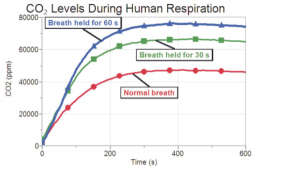 Susan Janet Crockford is a Canadian zoologist, author, and blogger specializing in Holocene mammals. From 2004 to 2019 she was an adjunct professor in Anthropology at the University of Victoria. She is best known for her blog posts on polar bear biology, which oppose the scientific consensus that polar bears are threatened by ongoing climate change. In October 2019 she was interviewed by Grégoire Canlorbe—on behalf of the Association des climato-réalistes, the only climate-realist organization in France. The English version was first published on Friends of Science, in December 2019.
Susan Janet Crockford is a Canadian zoologist, author, and blogger specializing in Holocene mammals. From 2004 to 2019 she was an adjunct professor in Anthropology at the University of Victoria. She is best known for her blog posts on polar bear biology, which oppose the scientific consensus that polar bears are threatened by ongoing climate change. In October 2019 she was interviewed by Grégoire Canlorbe—on behalf of the Association des climato-réalistes, the only climate-realist organization in France. The English version was first published on Friends of Science, in December 2019.
Susan J. Crockford: I live in Victoria, British Columbia, and I specialize in animals from the late Pleistocene, so probably the last fifteen to twenty thousand years. I have a contract company called Pacific Identifications Inc. We identify animal bones from archaeological projects and also from biological research: stomach contents, fecal samples, that kind of thing. That’s primarily how I get my income. And then, I am also a former adjunct professor at the university—I had held that position since 2004 but in 2019, it was not renewed.
My primary interest—my overall interest—is evolution. That, for me, really informs everything. It’s the big picture. Evolution is the big idea that drives all my interest. For example, the interesting thing is that a deer bone from 8000 years ago looks like one living today, and so, there is continuity. But there are also distinctions—when you get species differences, those are apparent. I became interested in polar bears when I was working on the topic leading up to my PhD dissertation. I was looking at the speciation process that turns a wolf into a dog (what we also call domestication). While trying to unravel what biological process drives that transformation, the wild species that I looked at to compare it to was the brown bear to polar bear transformation. So, I’ve been looking at the literature on polar bears (their life history, their ecology, and the geological history of sea ice) since the 1990s. I’ve been investigating polar bears for quite a while.
Grégoire Canlorbe: Your most decisive feat of arms in evolutionary biology may be your claim that thyroid rhythms alone are responsible for all significant differences in life history traits. Could you remind us of the outlines of your approach?
Susan J. Crockford: I don’t actually claim that thyroid rhythms alone drive evolution, although I suspect it may be the dominant driver in many cases. What really drives evolution is individual variation. So, within a species, animals are all different in some critical ways. And the primary hypothesis that most biologists go by is that those individual differences are primarily genetic: that genes are what controls those critical differences, and, therefore, genes, or genetic change, is what drives speciation change in evolution.
[Read more…] about A conversation with Susan J. Crockford, for Association des climato-réalistes
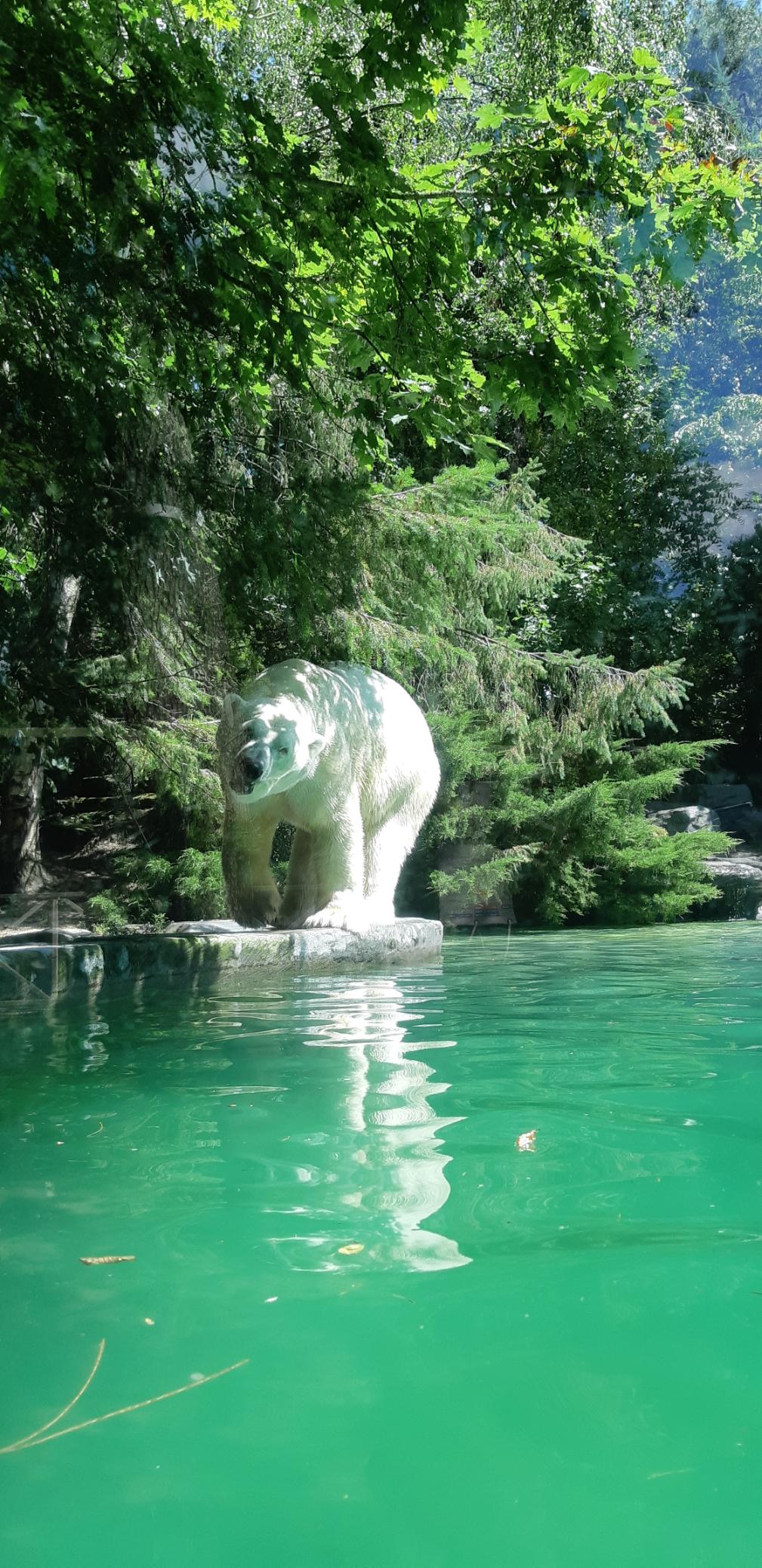
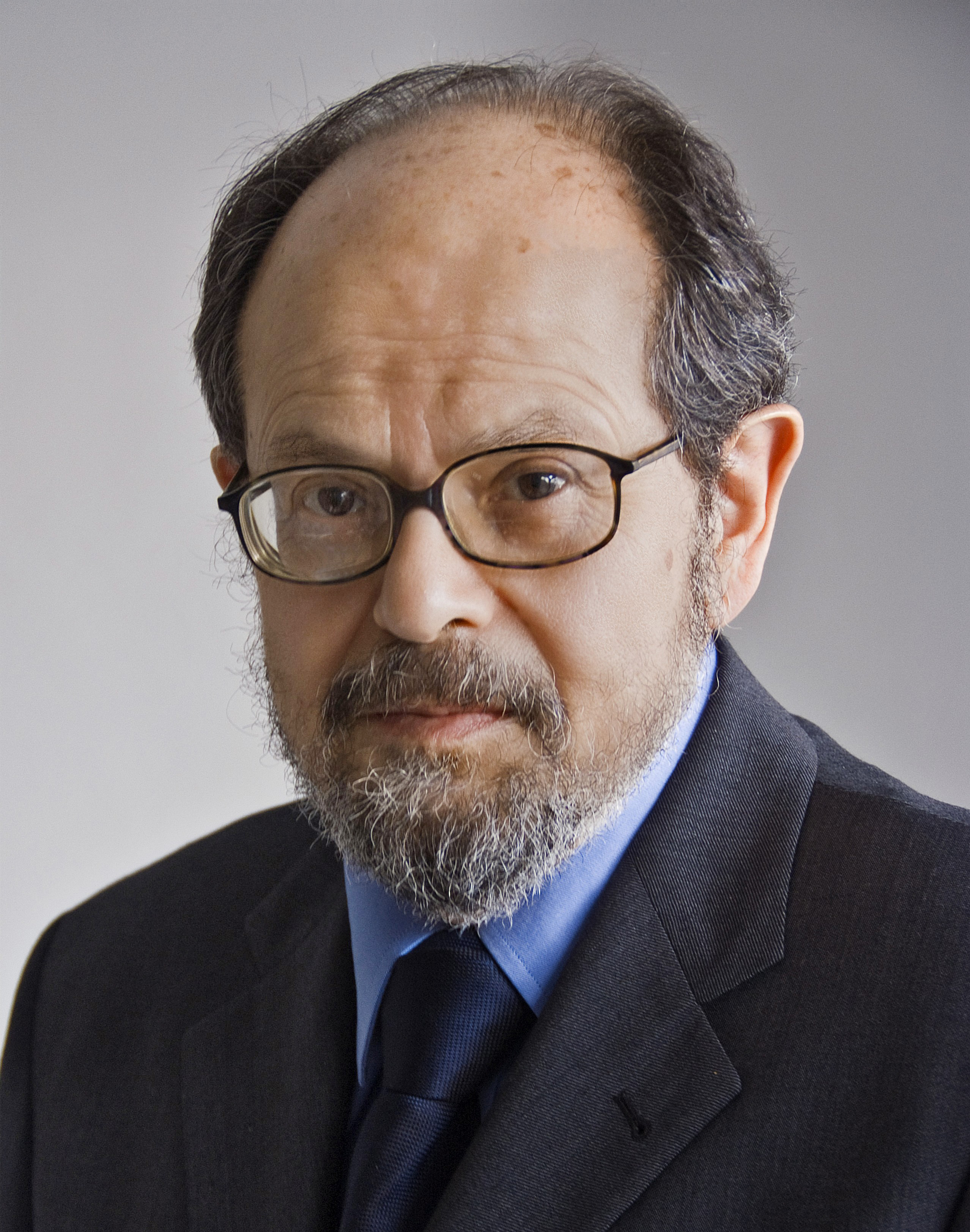
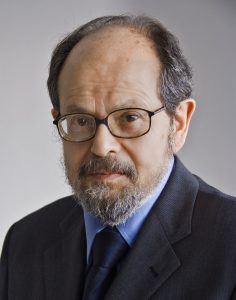 Richard Siegmund Lindzen is an American atmospheric physicist known for his work in the dynamics of the atmosphere, atmospheric tides, and ozone photochemistry. He has published more than 200 scientific papers and books. From 1983 until his retirement in 2013, he was Alfred P. Sloan Professor of Meteorology at the Massachusetts Institute of Technology. He was a lead author of Chapter 7, “Physical Climate Processes and Feedbacks,” of the Intergovernmental Panel on Climate Change’s Third Assessment Report on climate change. He has criticized the scientific consensus about climate change and what he has called “climate alarmism.”
Richard Siegmund Lindzen is an American atmospheric physicist known for his work in the dynamics of the atmosphere, atmospheric tides, and ozone photochemistry. He has published more than 200 scientific papers and books. From 1983 until his retirement in 2013, he was Alfred P. Sloan Professor of Meteorology at the Massachusetts Institute of Technology. He was a lead author of Chapter 7, “Physical Climate Processes and Feedbacks,” of the Intergovernmental Panel on Climate Change’s Third Assessment Report on climate change. He has criticized the scientific consensus about climate change and what he has called “climate alarmism.”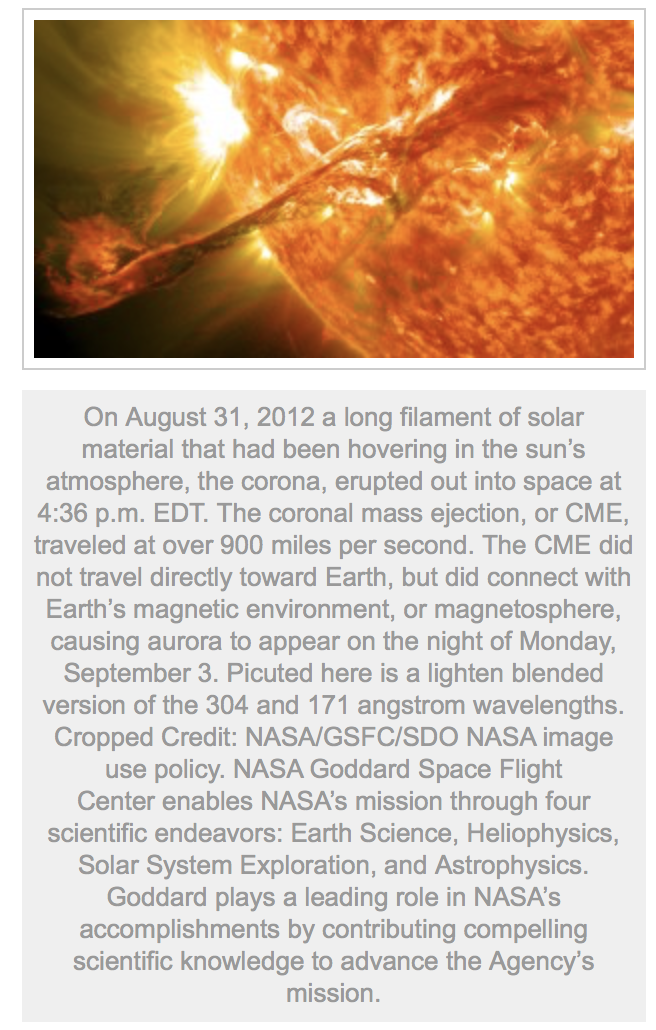
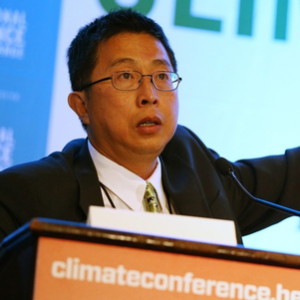
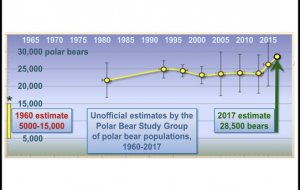
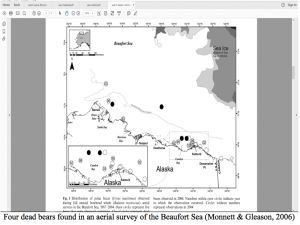
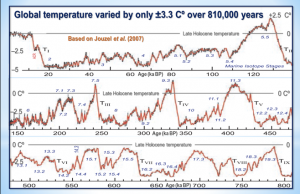
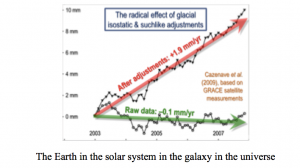
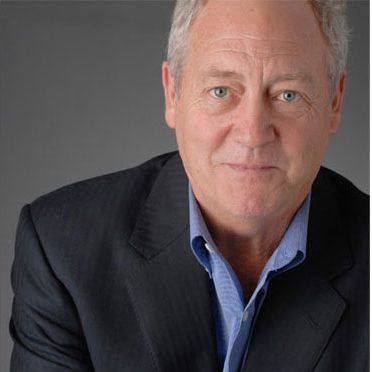
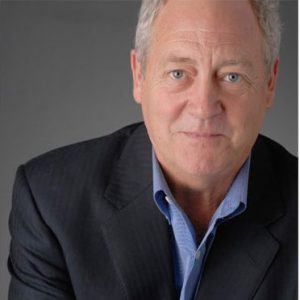 Patrick Moore is a Canadian activist, and former president of Greenpeace Canada. Since leaving Greenpeace, which he helped to found, Moore has criticized the environmental movement for what he sees as scare tactics and disinformation, saying that the environmental movement “abandoned science and logic in favor of emotion and sensationalism.” He has sharply and publicly differed with many policies of major environmental groups, including Greenpeace itself on other issues including forestry, biotechnology, aquaculture, and the use of chemicals for many applications.
Patrick Moore is a Canadian activist, and former president of Greenpeace Canada. Since leaving Greenpeace, which he helped to found, Moore has criticized the environmental movement for what he sees as scare tactics and disinformation, saying that the environmental movement “abandoned science and logic in favor of emotion and sensationalism.” He has sharply and publicly differed with many policies of major environmental groups, including Greenpeace itself on other issues including forestry, biotechnology, aquaculture, and the use of chemicals for many applications.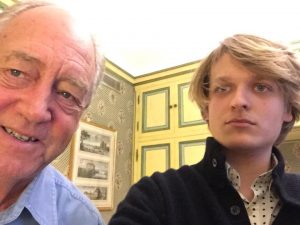
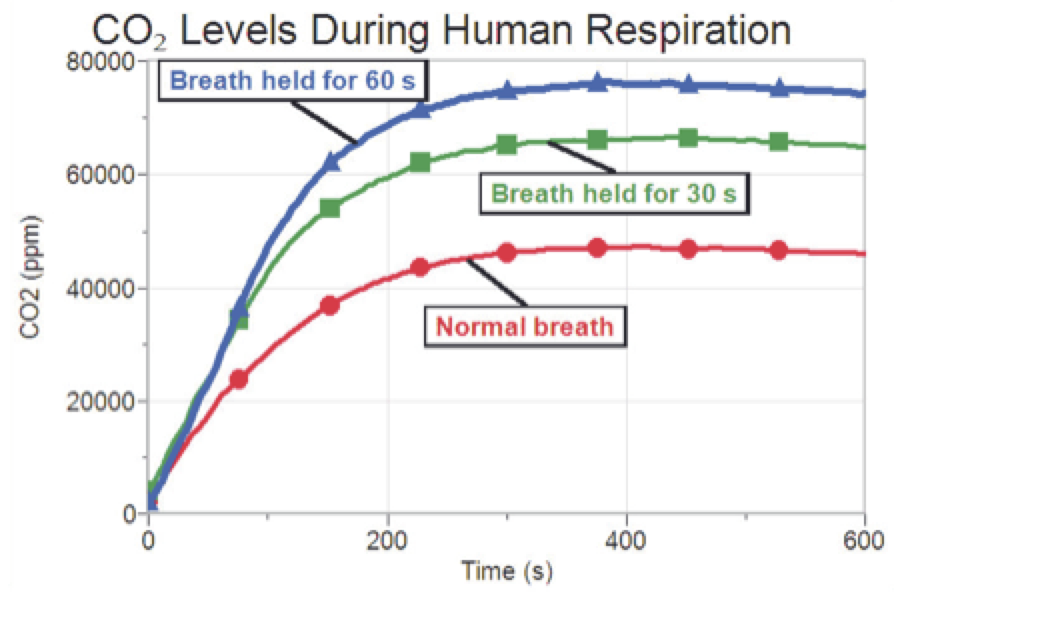
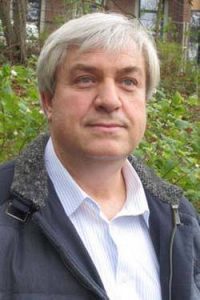 István Markó (1956 – 2017) was a professor and researcher in organic chemistry at the Université catholique de Louvain. Prof. Dr. Marko was an outspoken defender of the skeptical view on the issue of human-caused/anthropogenic global warming, appearing in numerous French-language media on the Internet, in public debates and diverse English-language blog postings. He also joined with Anglo-Saxon climate skeptics, publishing several articles together on
István Markó (1956 – 2017) was a professor and researcher in organic chemistry at the Université catholique de Louvain. Prof. Dr. Marko was an outspoken defender of the skeptical view on the issue of human-caused/anthropogenic global warming, appearing in numerous French-language media on the Internet, in public debates and diverse English-language blog postings. He also joined with Anglo-Saxon climate skeptics, publishing several articles together on 